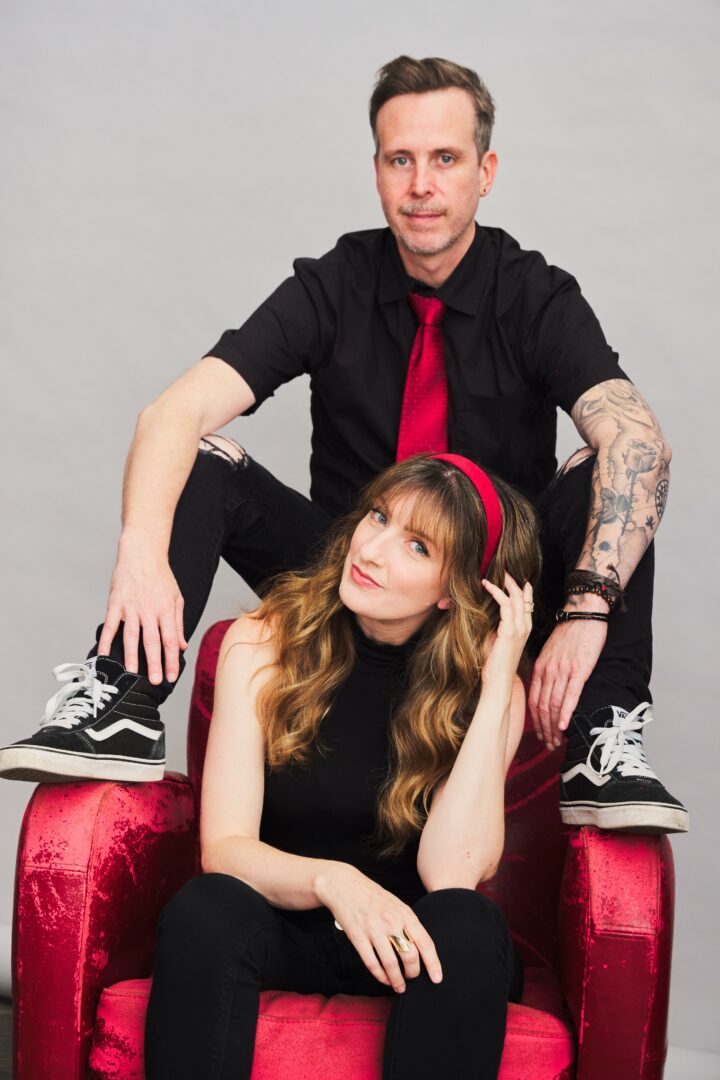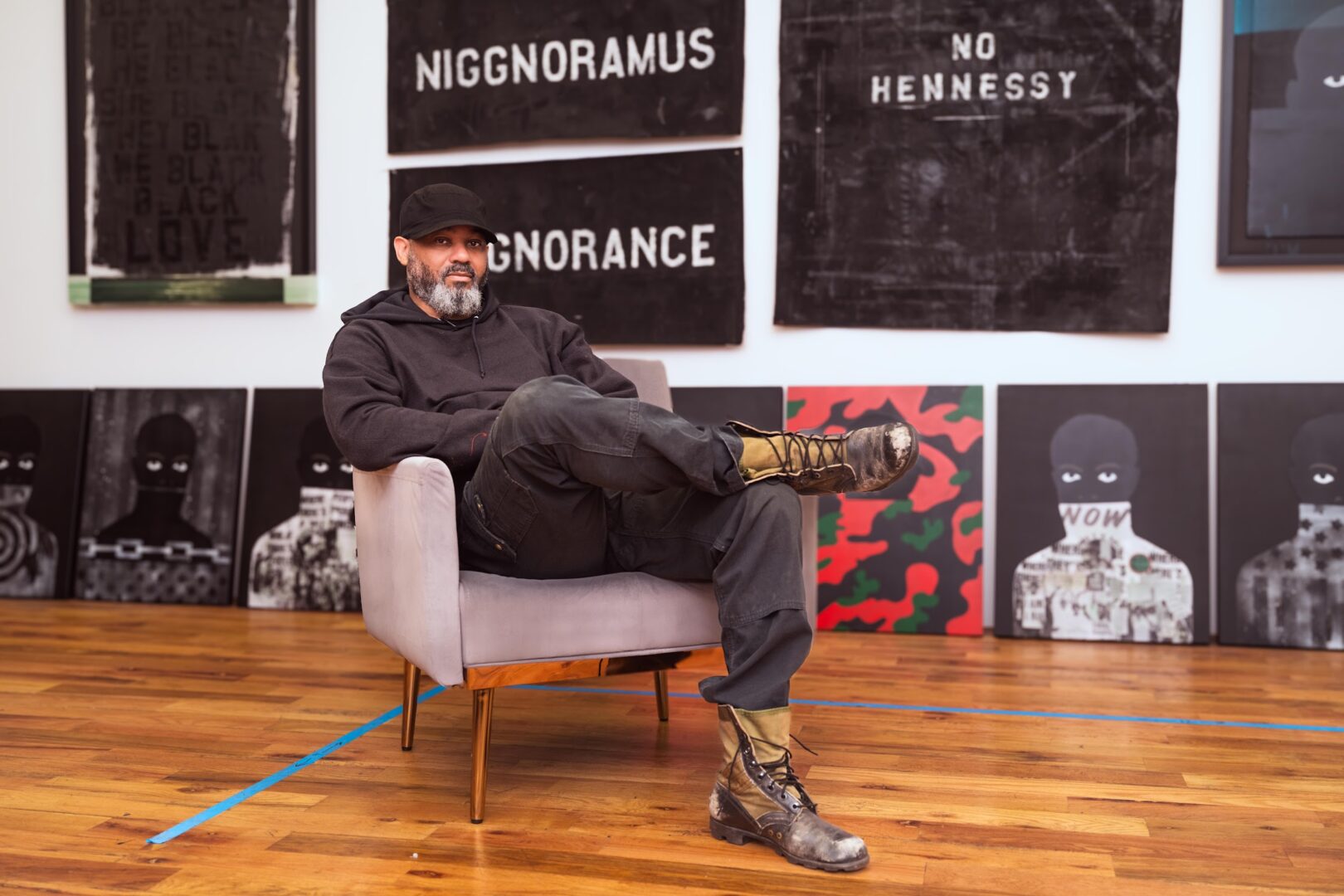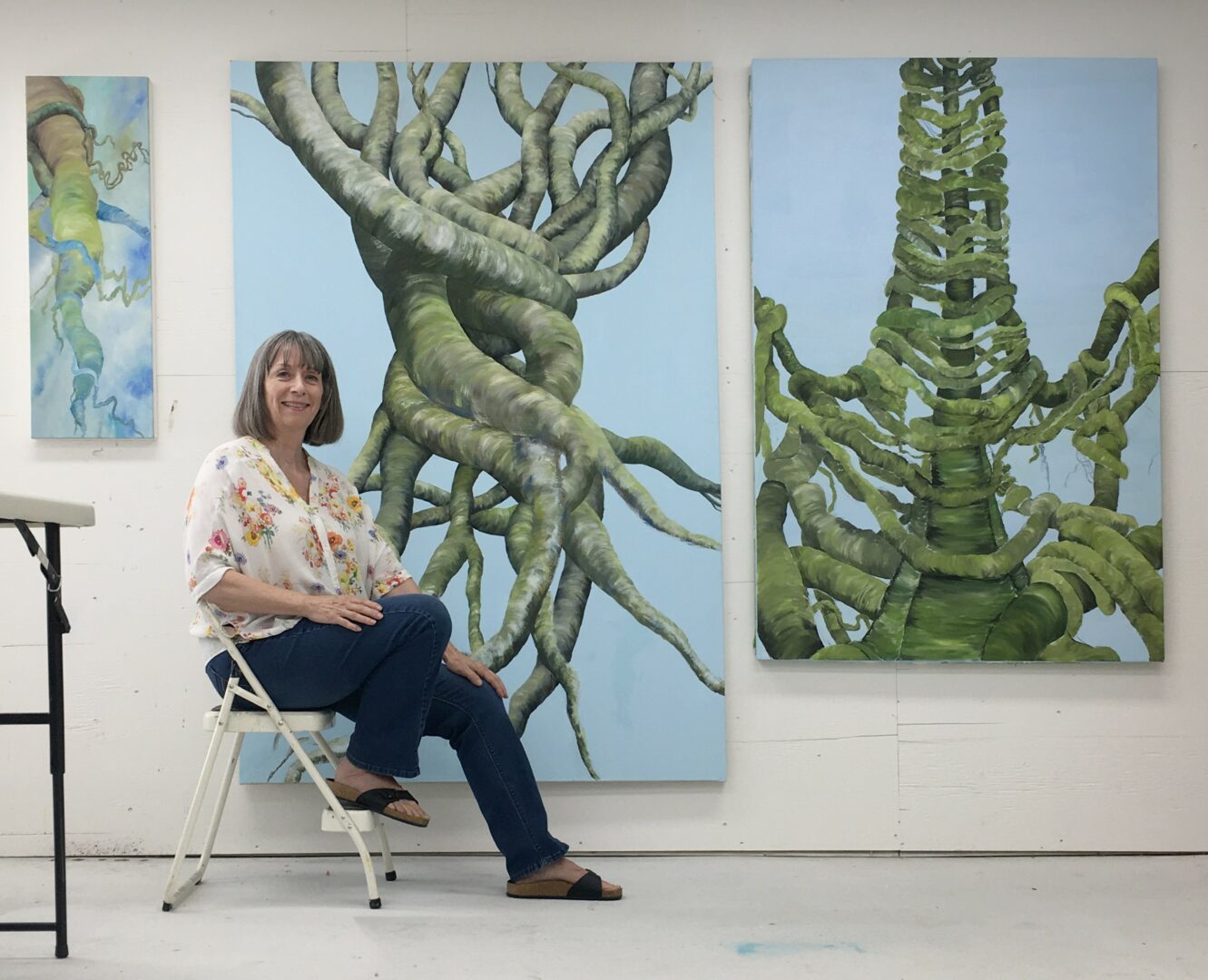We recently had the chance to connect with William Cannon and have shared our conversation below.
Good morning William, it’s such a great way to kick off the day – I think our readers will love hearing your stories, experiences and about how you think about life and work. Let’s jump right in? What is a normal day like for you right now?
Very very busy. Between creating and running our podcast, Killer Heart to Hearts, and our other business ventures, my wife, Elise, and I regularly find ourselves on the other side of 16-hour workdays. But that’s what you do when you are passionate about the things you are creating. It doesn’t feel like work, though. It fees like the necessary steps one takes to achieve their goals, and we’re here for it.
Can you briefly introduce yourself and share what makes you or your brand unique?
I’m William Cannon — co-creator, writer, and co-host of Killer Heart to Hearts, a true-crime podcast that tries to make sense of human darkness without being disrespectful or turning it into clickbait.
We tell stories that are real, unsettling, and sometimes all too familiar — because the truth is, most monsters don’t hide under beds. They sit across dinner tables.
My wife, Elise Buedel, and I built the show from the ground up — just one microphone, a lot of coffee, and the stubborn belief that true crime could have both a pulse and a conscience. Following an extended hiatus — during which Elise and I got married and bought/remodeled our forever home — we are now in the process of growing KHTH into its own universe: the main series, our short-form spinoff series, After Dark, and a whole community of listeners who proudly call themselves the “Mourning People.”
What makes Killer Heart to Hearts different isn’t just the stories we pick — it’s the way we tell them. We blend sharply-written narrative journalism with dark humor, empathy, and cultural context. Each episode is designed to haunt you a little, make you think a lot, and occasionally make you laugh when you might think you shouldn’t.
Right now, we’re expanding that world — a brand new immersive website (killerhearttohearts.com), a complete merch store called The Evidence Locker, and our totally free weekly newsletter, The Monday Mourning News, have all launched since August. And soon we will be rolling out new subscriber-only content for those Mourning People out there who just can’t quite get enough. It’s less a “podcast” at this point and more like an ecosystem for people who can’t look away from the strange, the tragic, and the human.
Appreciate your sharing that. Let’s talk about your life, growing up and some of topics and learnings around that. Who taught you the most about work?
Easy. My father. My dad never complained about the work he put in to provide for our family. He welcomed it. From double shifts to being called in at 3:00 am, my father ensured that we had everything we needed (and most things we wanted) as kids growing up. And still, he never missed a show, never missed a game, never seemed to miss a single thing we did as three very active children. And that work ethic — doing what it takes to provide, while still showing up every day as a dad — gave me an eyes-on, first hand experience example of how it’s done.
What did suffering teach you that success never could?
Tons. Suffering is a recalibration, and often teaches you how to see again.
When things fall apart — the show, the schedule, your sense of direction — you can lean on the small joys in life you might have rushed past during your moments of success. The smell of coffee. A laugh that lands at the right time. The quiet of your own house when it finally feels like home.
During the harder stretches of Killer Heart to Hearts, I learned you can’t build anything meaningful if you’re running on empty. You need those small anchors — the everyday things that remind you you’re still human, you’re still here, and you still matter. Even in the hard times.
Success is loud. It claps for you.
Suffering whispers. It makes you listen.
And in that silence, you realize happiness isn’t waiting at the finish line. It’s tucked between edits, between breaths — in the moments you almost overlooked.
So a lot of these questions go deep, but if you are open to it, we’ve got a few more questions that we’d love to get your take on. Is the public version of you the real you?
I mean…I think so. I probably speak a little slower and with better diction during a KHTH episode than I do in my everyday life — but the ideals, the morals, the dark wit and snark? Yeah, that’s all me every day. And that’s what makes our show unique, I think. Because we tell stories through our own personal lens. It’s not just straight journalism, we choose a very deliberate angle and try to ground each story in the humanity and world-view Elise and I both share. As a podcaster, it’s important to be yourself, because that’s what brings the listeners back next week. It’s not only the case subject. Anyone could read about the cases we cover in any number of places. It’s the way we tell the stories, and how we relate to them and frame them, that matters most. Because it’s real.
Before we go, we’d love to hear your thoughts on some longer-run, legacy type questions. Could you give everything your best, even if no one ever praised you for it?
Absolutely, and I’d argue Elise and I do that on the daily. We are building something brick by brick, and that is a long, arduous process. It takes time, it takes effort, and it takes a lot out of you. But if you’re not giving it your best at the beginning, how can you ever expect to achieve the next step? Moreover, how could others see the value in what you are creating if you, yourself, know it’s not your best effort? If you’re passionate about what you do — and you believe in your vision — then giving it your best effort should be your default position every single day until you get there. And then the real work begins.
Contact Info:
- Website: https://killerhearttohearts.com
- Instagram: @killer_heart_to_hearts
- Twitter: @khthpodcast
- Facebook: Killer Heart to Hearts
- Other: https://the-monday-mourning-news.beehive.com
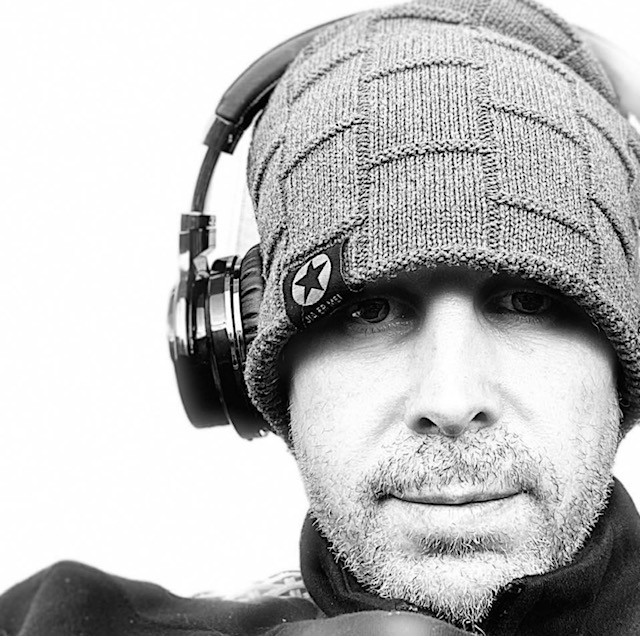
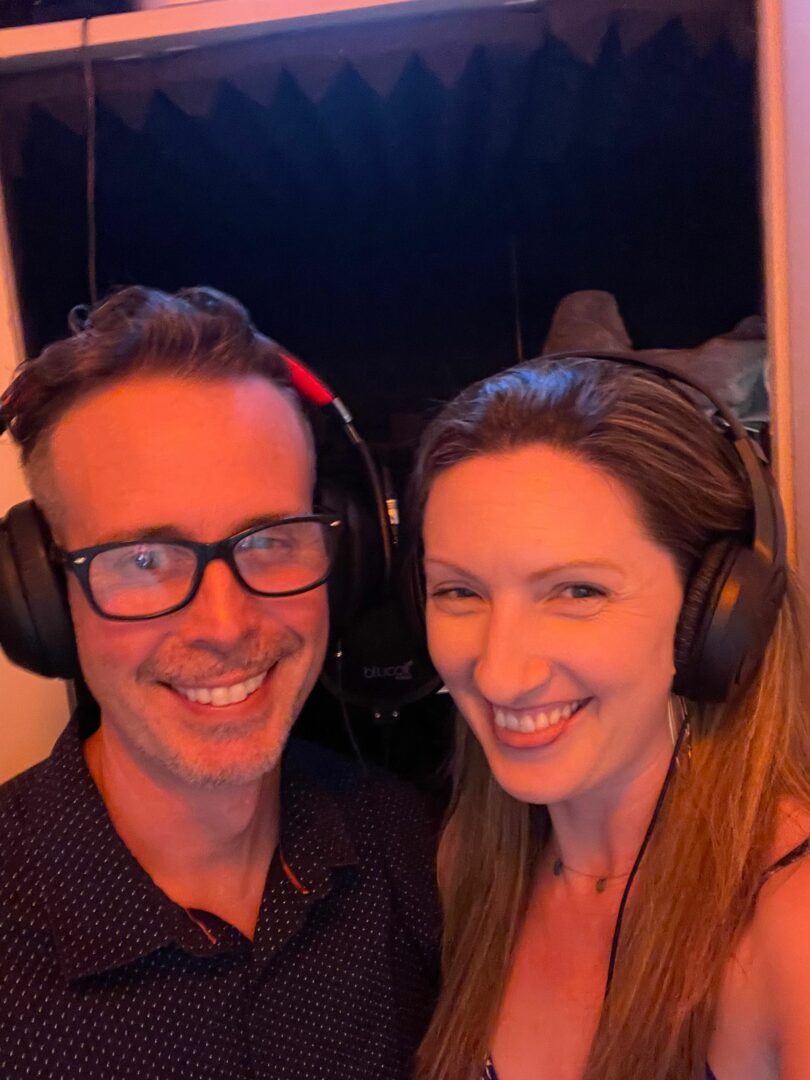
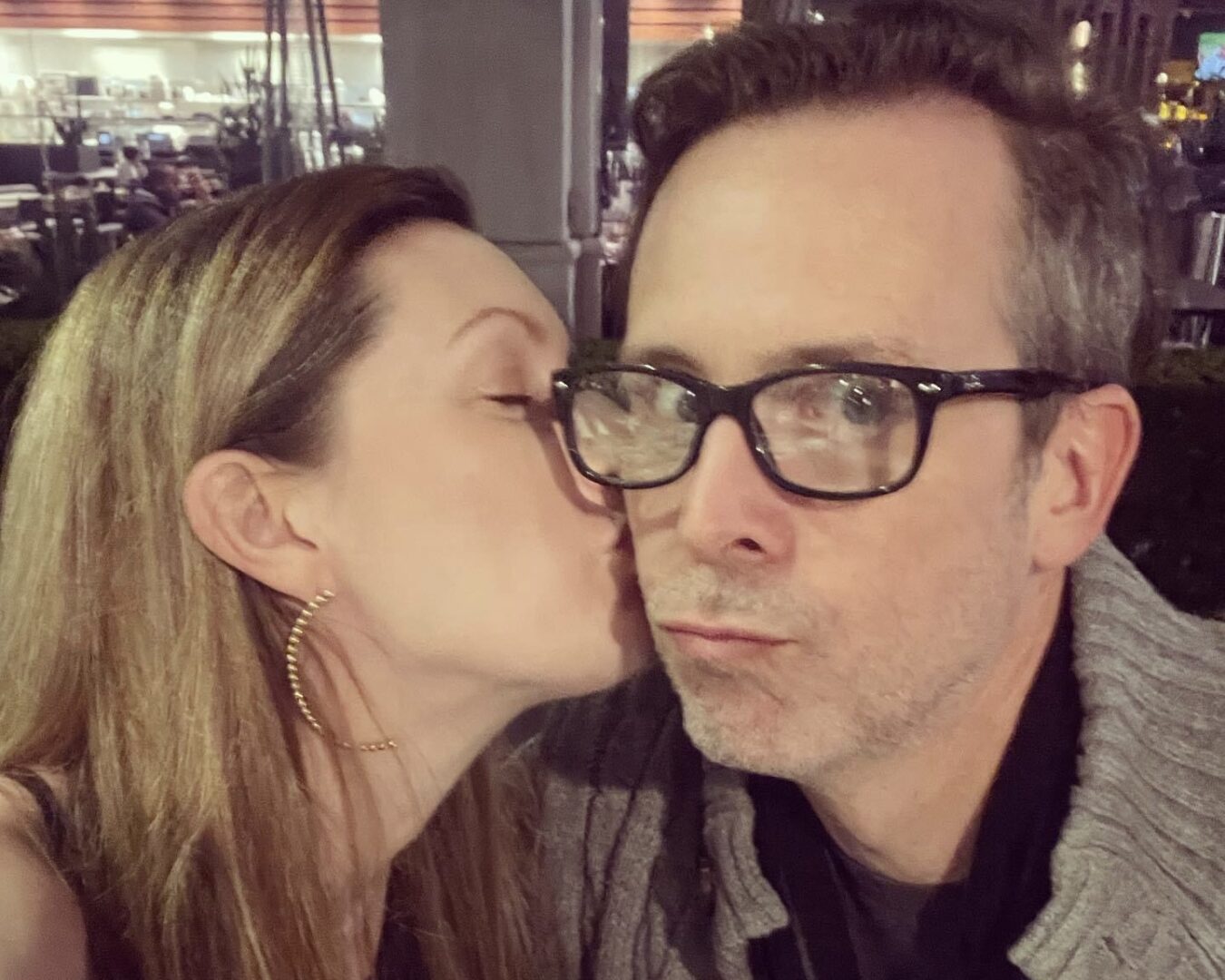
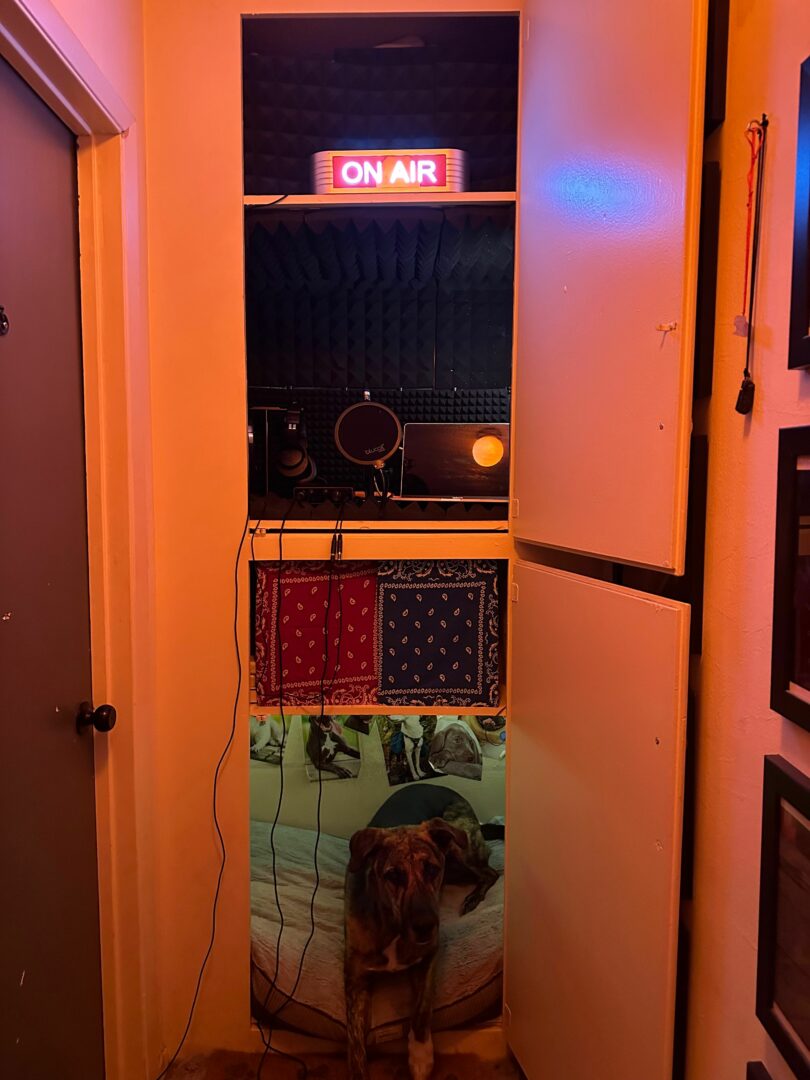
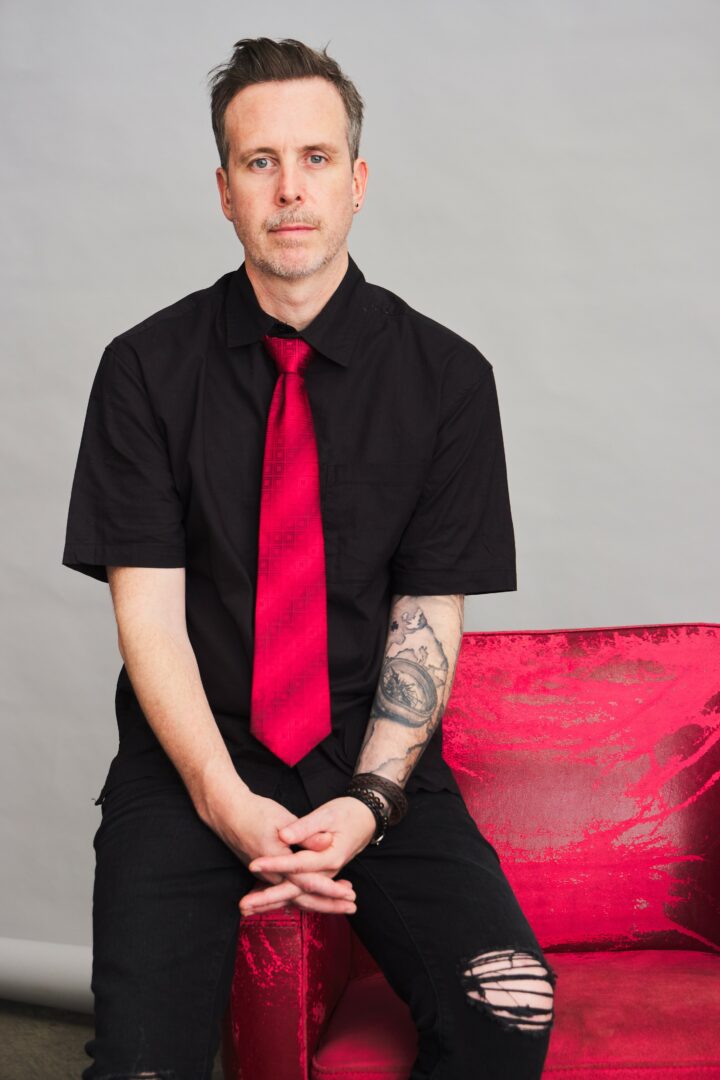
Image Credits
Joanna DeGeneres
so if you or someone you know deserves recognition please let us know here.

